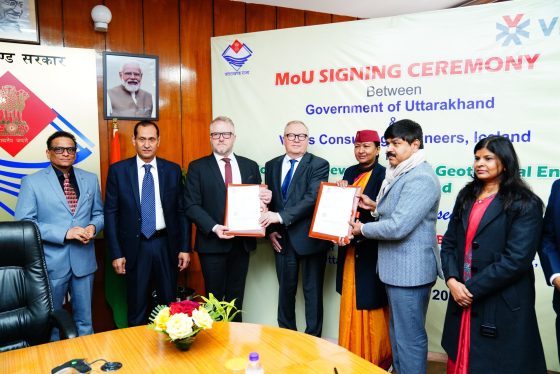Setting the stage for rollout of goods and services tax (GST) from July, the Centre and states on Thursday decided on rates for specific products which may lead to lower prices for a majority of products of mass consumption.
The idea is to ensure that the impact of GST is not inflationary. Rates on 1,211 items were finalised by the GST council with 81% facing a levy of up to 18%. “There is no increase (in burden) on any commodity.
On many commodities, there is a reduction in tax rates and tax-on-tax will also go away, lowering the burden,” finance minister Arun Jaitley said. “One criterion in mind is that the overall impact should not be inflationary… We are banking on GST checking evasion and buoyancy in collection,” Jaitley said. The GST council decided to lower tax incidence on items such as sugar, tea, coffee and mithai as well as consumer durables but opted to retain the burden on cars.
In addition, bikes with engine capacity of over 350cc, which are seen as luxury goods, will see a new cess of 3%. Foodgrains have been exempted from GST, which will lower the burden on consumers since they currently face various levies that add up to around 5%.
Revenue secretary Hasmukh Adhia said automobiles will attract 28% GST, with luxury vehicles facing an additional cess of 15%. Similarly, small petrol cars will face 1% cess, while diesel-powered small cars will attract 3% cess.
In certain cases, such as hair oil, soaps and toothpaste, tax incidence has been reduced from around 28% to 18%. For coal, the reduction will be from 11.69% to 5%, helping lower the cost of power.
Similarly, the burden on those buying refrigerators or washing machines will come down from around 31-32% to 28%, officers said. Instant tea and coffee are expected to be in a separate bracket although tea and coffee will be in the 5% slab.
“Items that are part of the consumer price index will see ahuge reduction,” Adhia said. With detailed rates due to be released, businesses will now sit down and calculate product-wise impact and also plan for the rollout. Auto companies said the incidence will largely remain the same even after GST is rolled out.
 Dainik Nation News Portal
Dainik Nation News Portal





